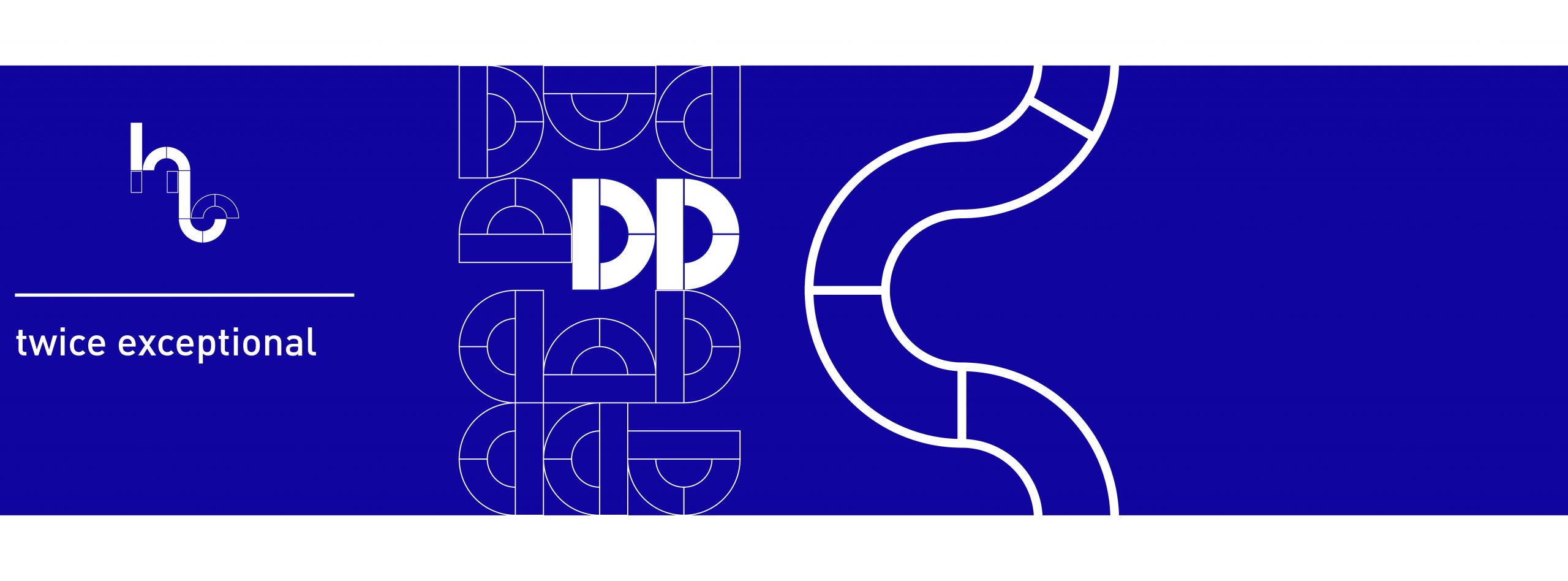2019: Off the charts. The hidden lives and lessons of American child prodigies
Ann Hulbert examines the lives of children whose rare accomplishments have raised hopes about untapped human potential and questions about how best to nurture it. She probes the changing role of parents and teachers, as well as of psychologists and a curious press. Above all, she delves into the feelings of the prodigies themselves, who push back against adults more as the decades proceed.

